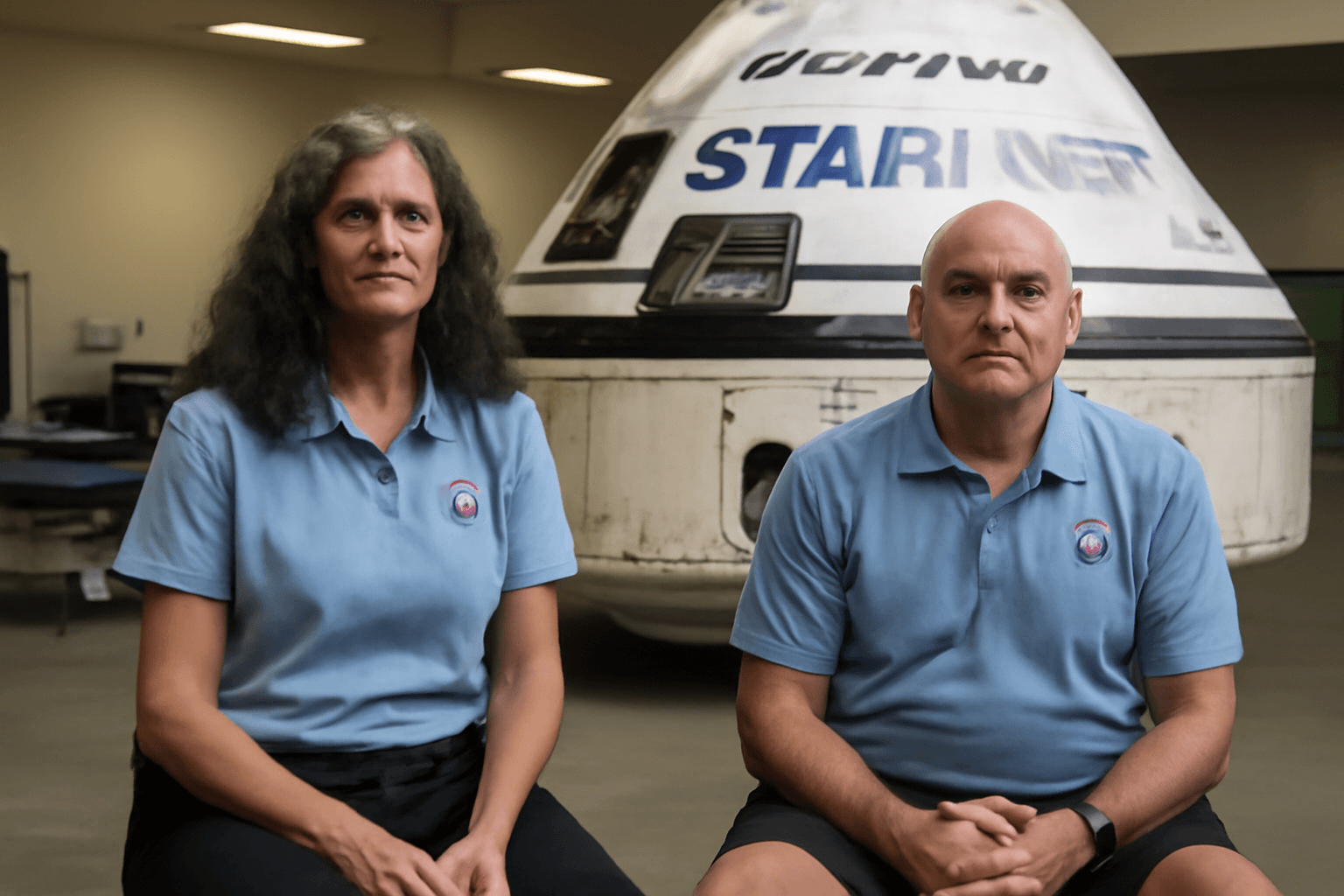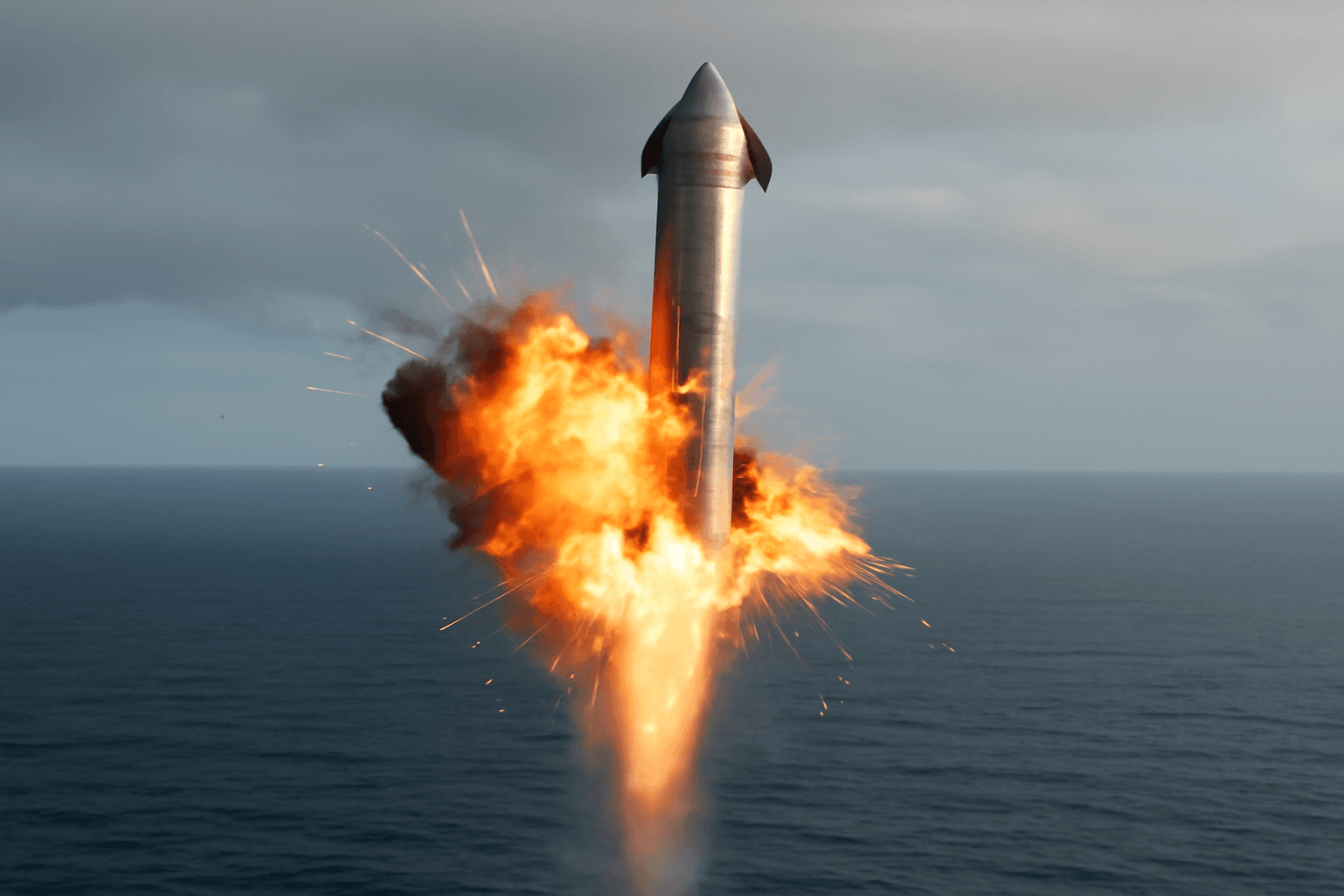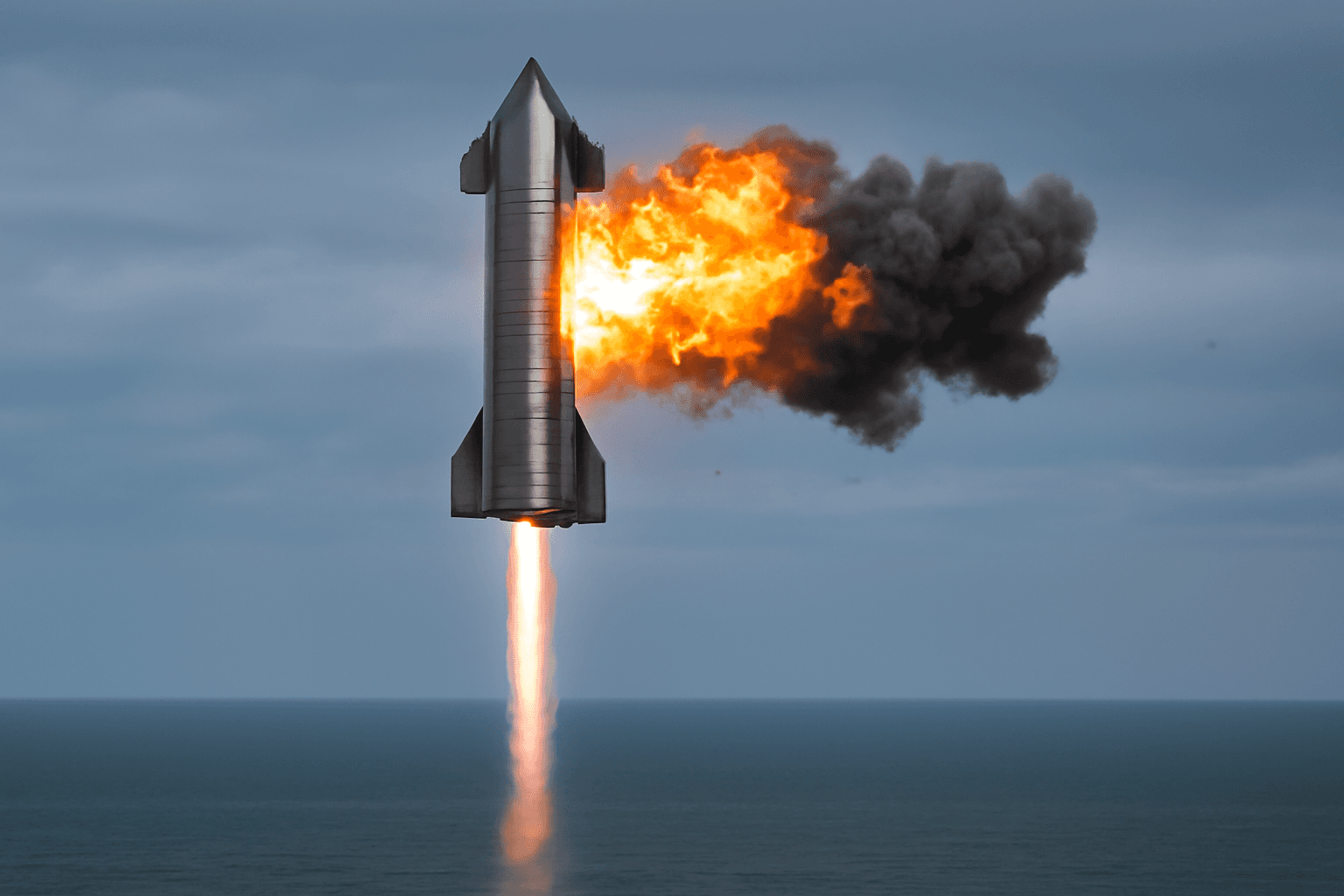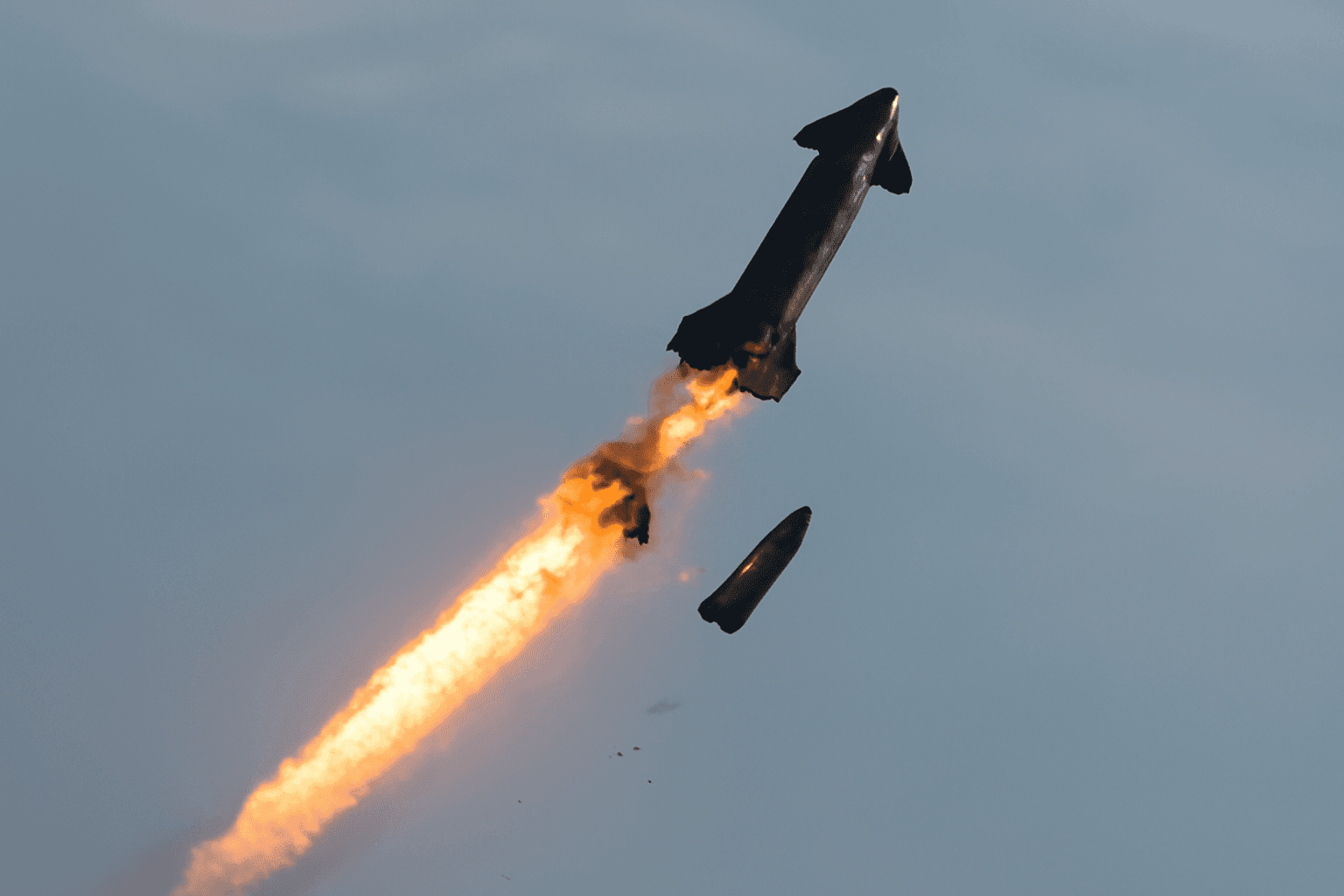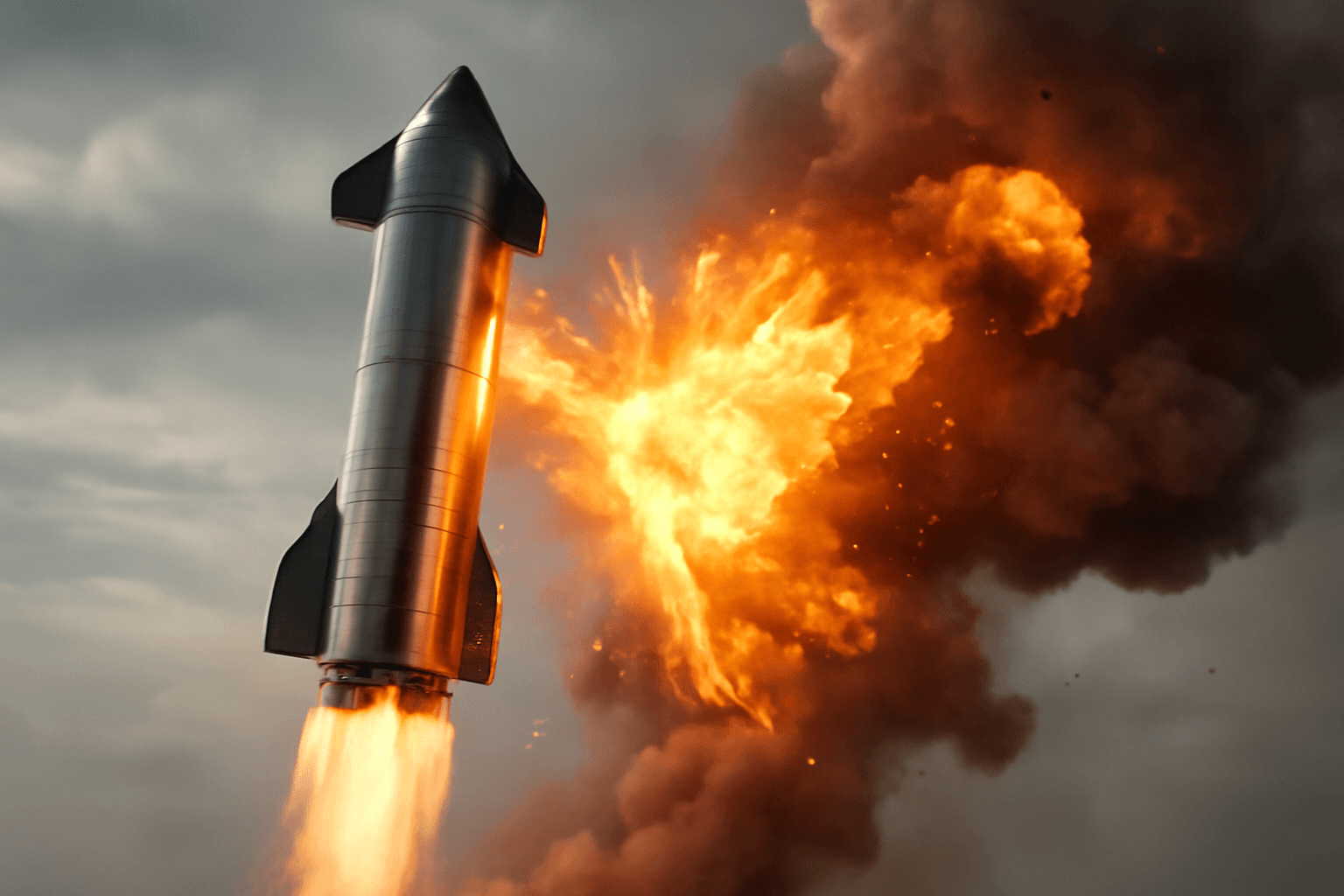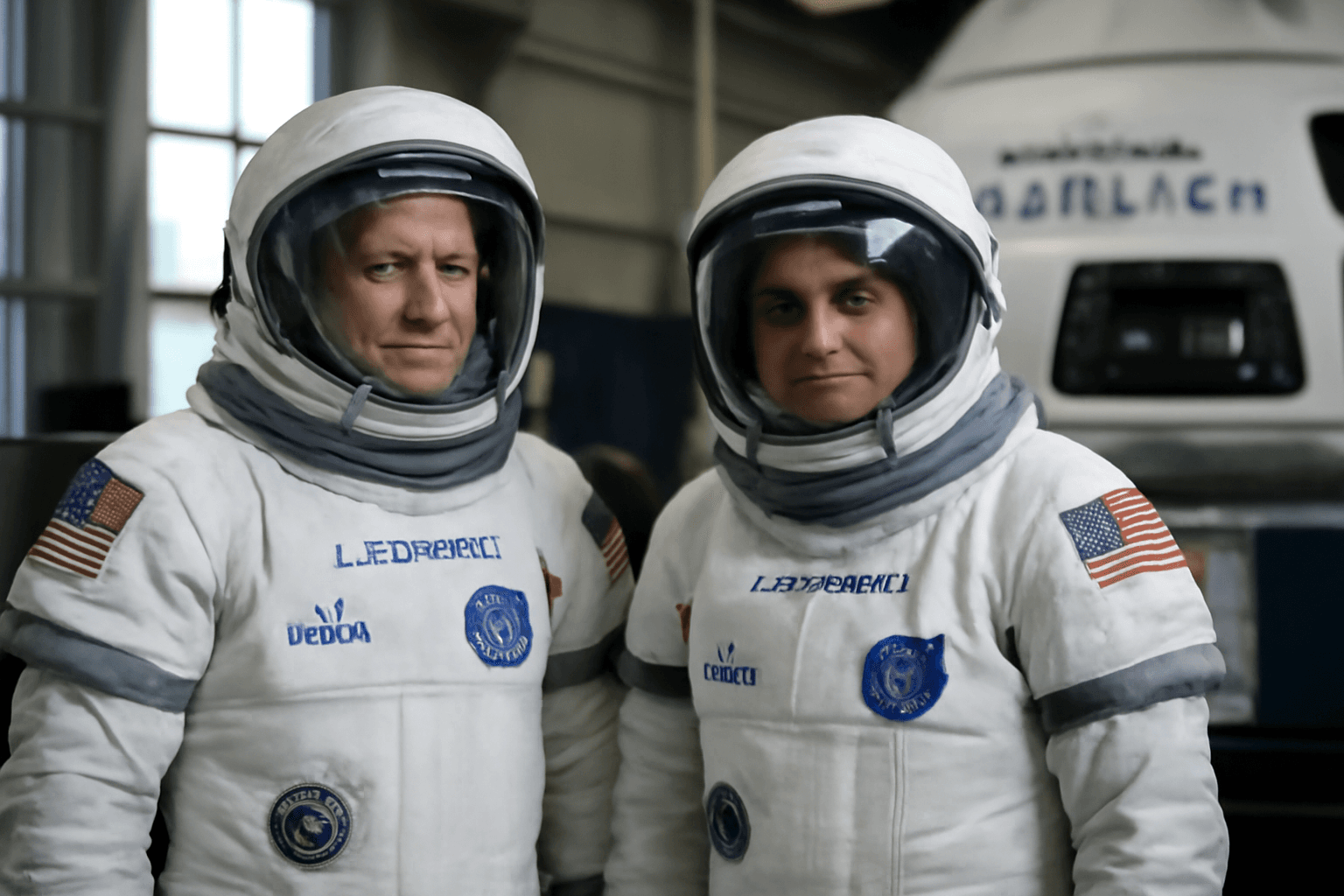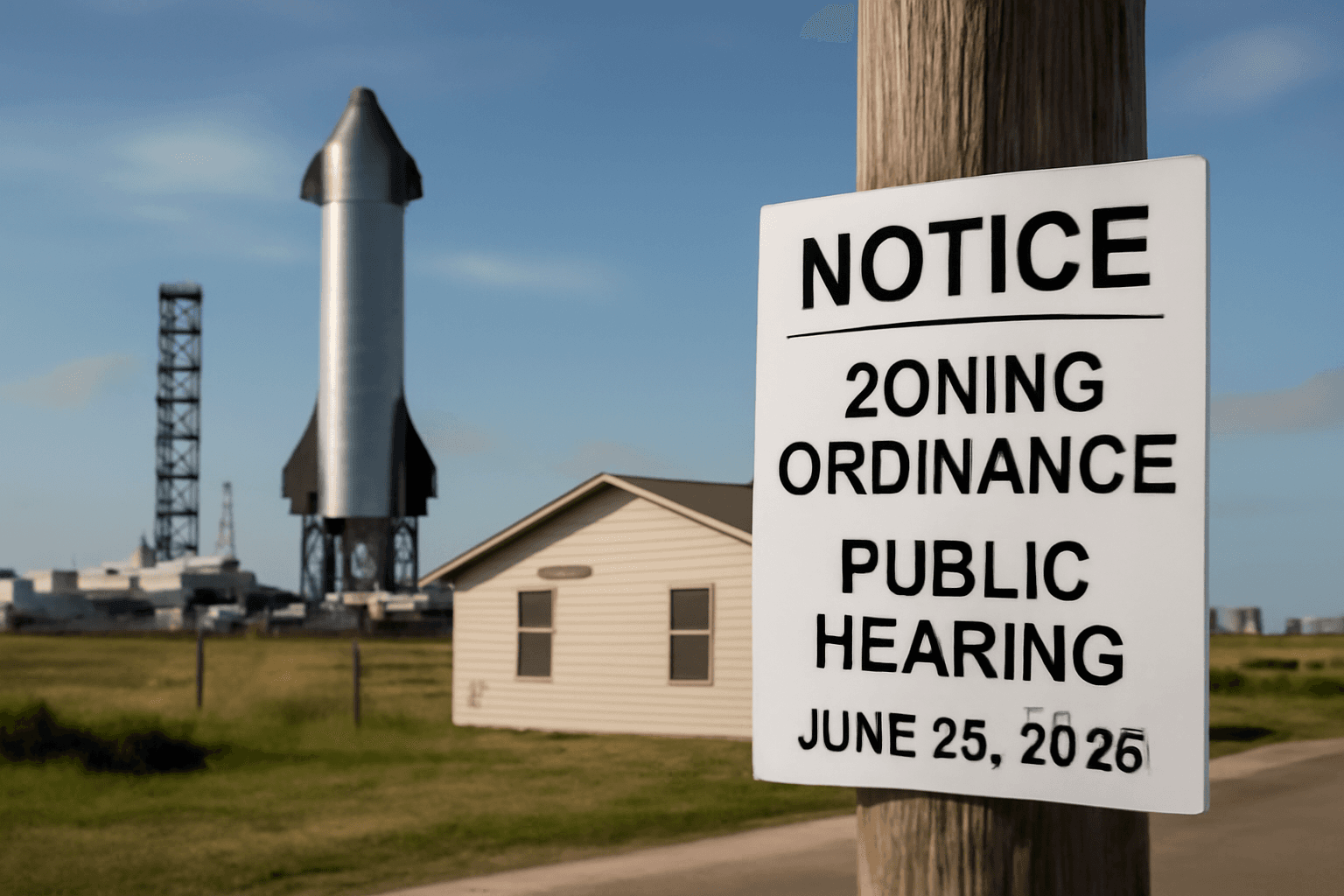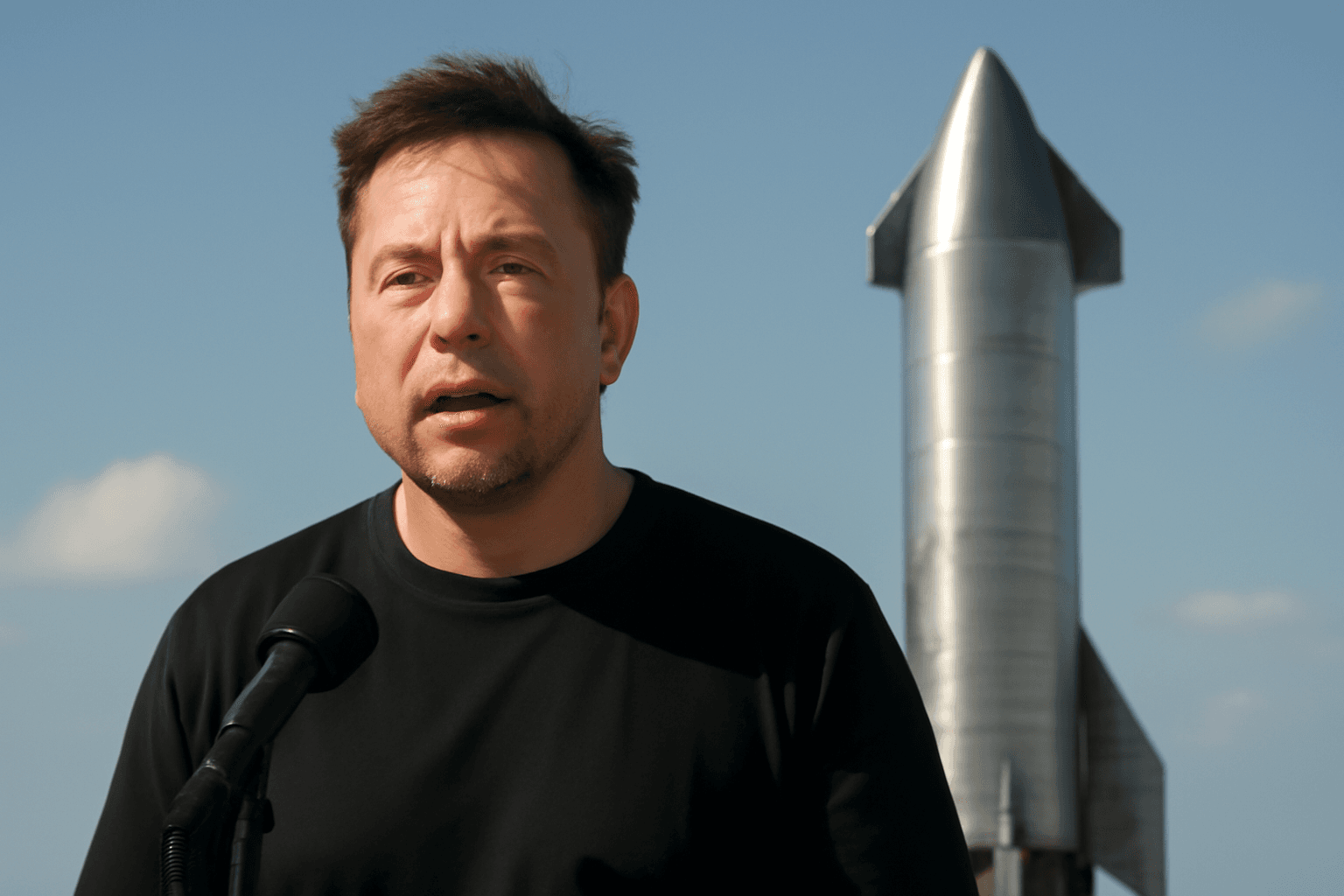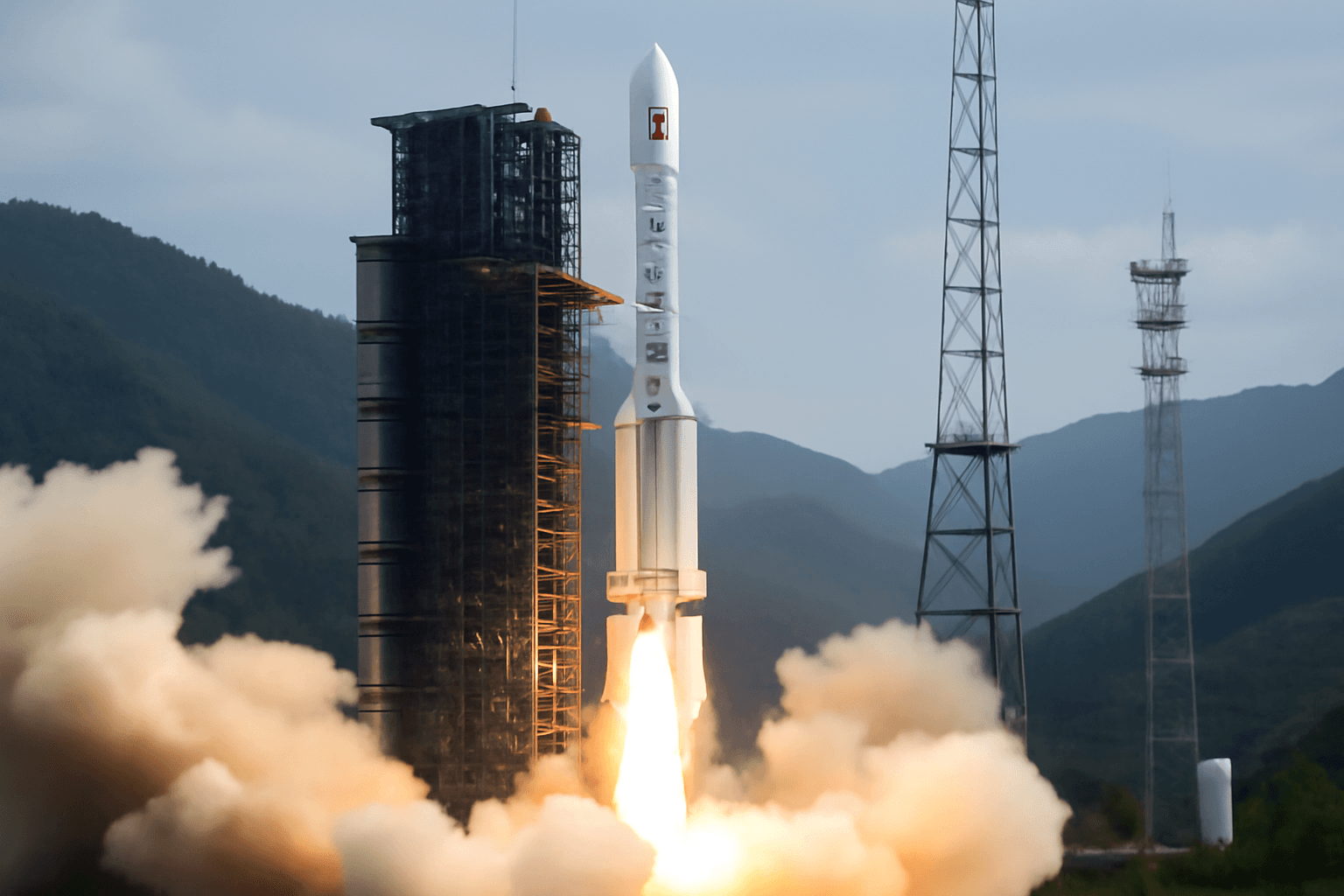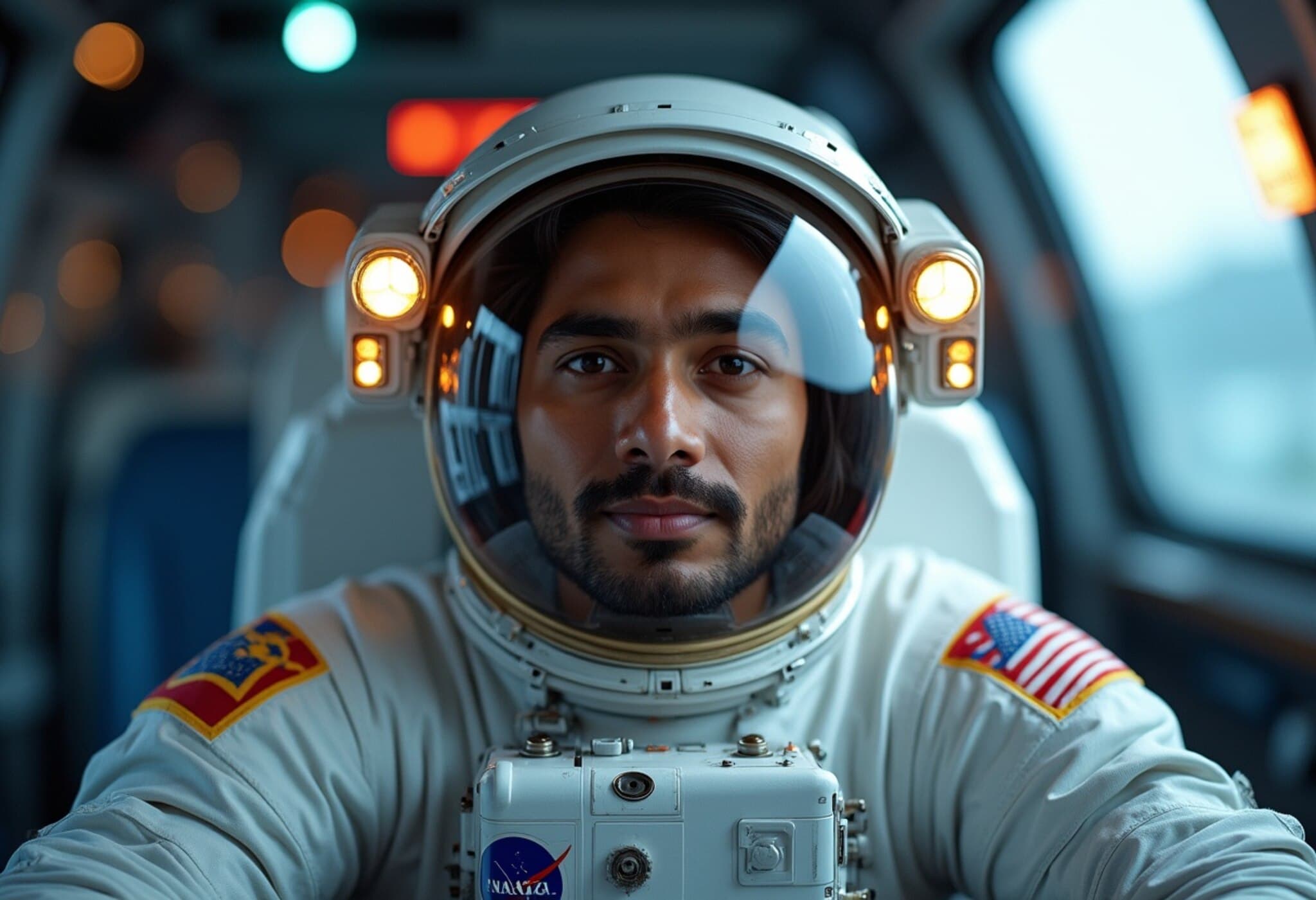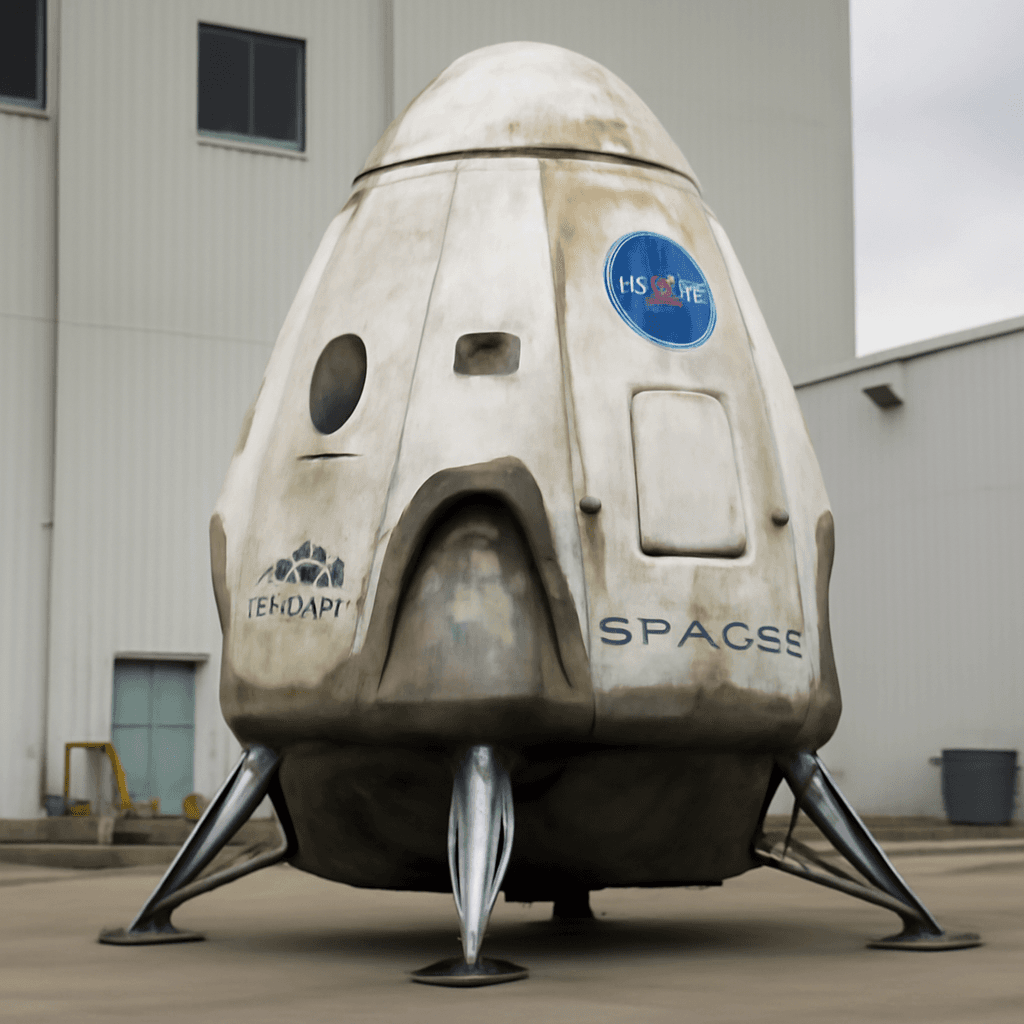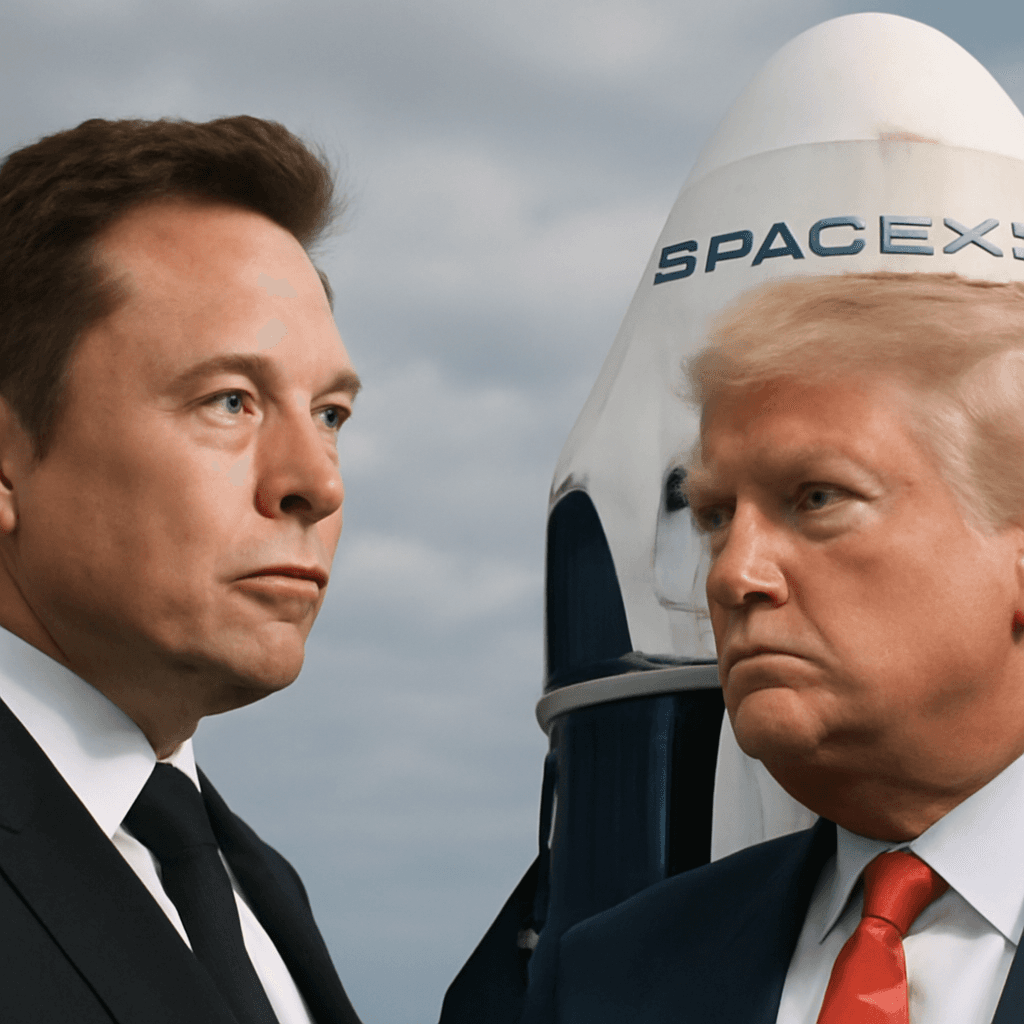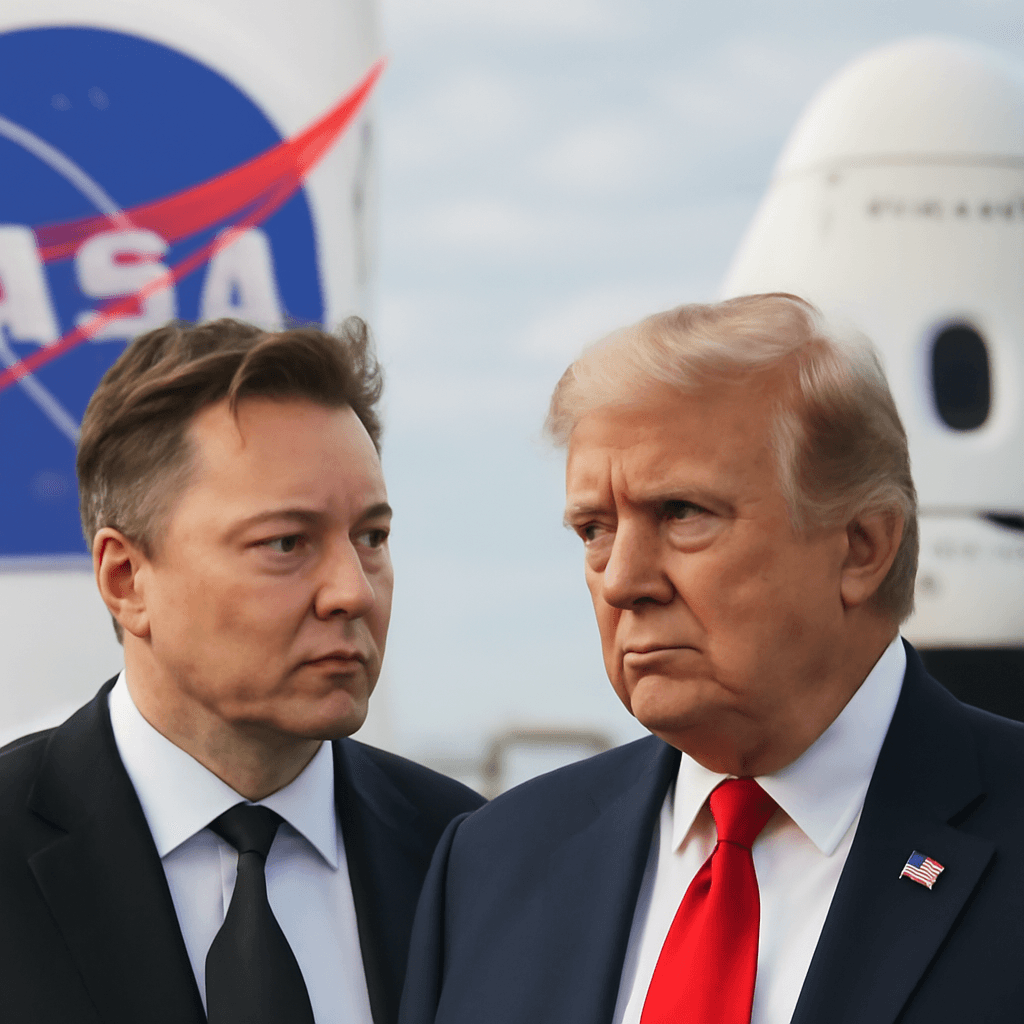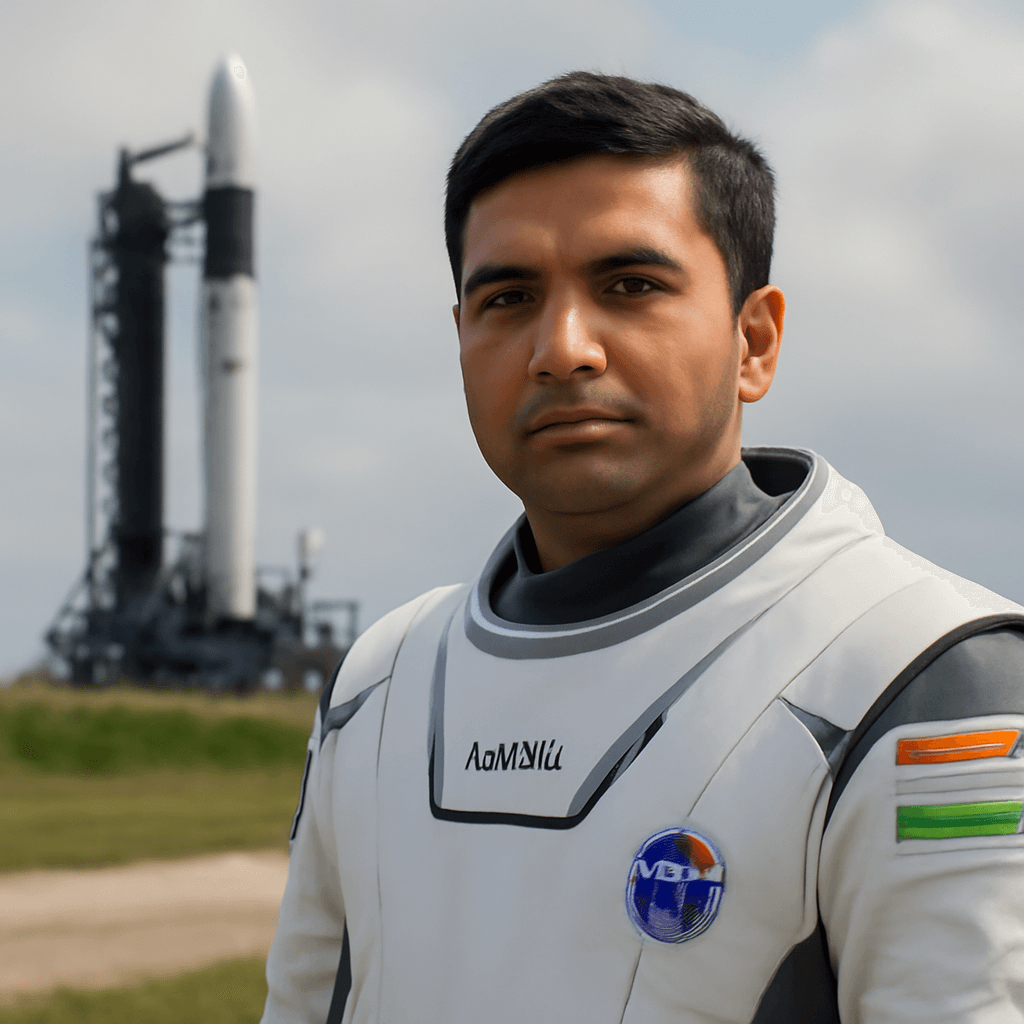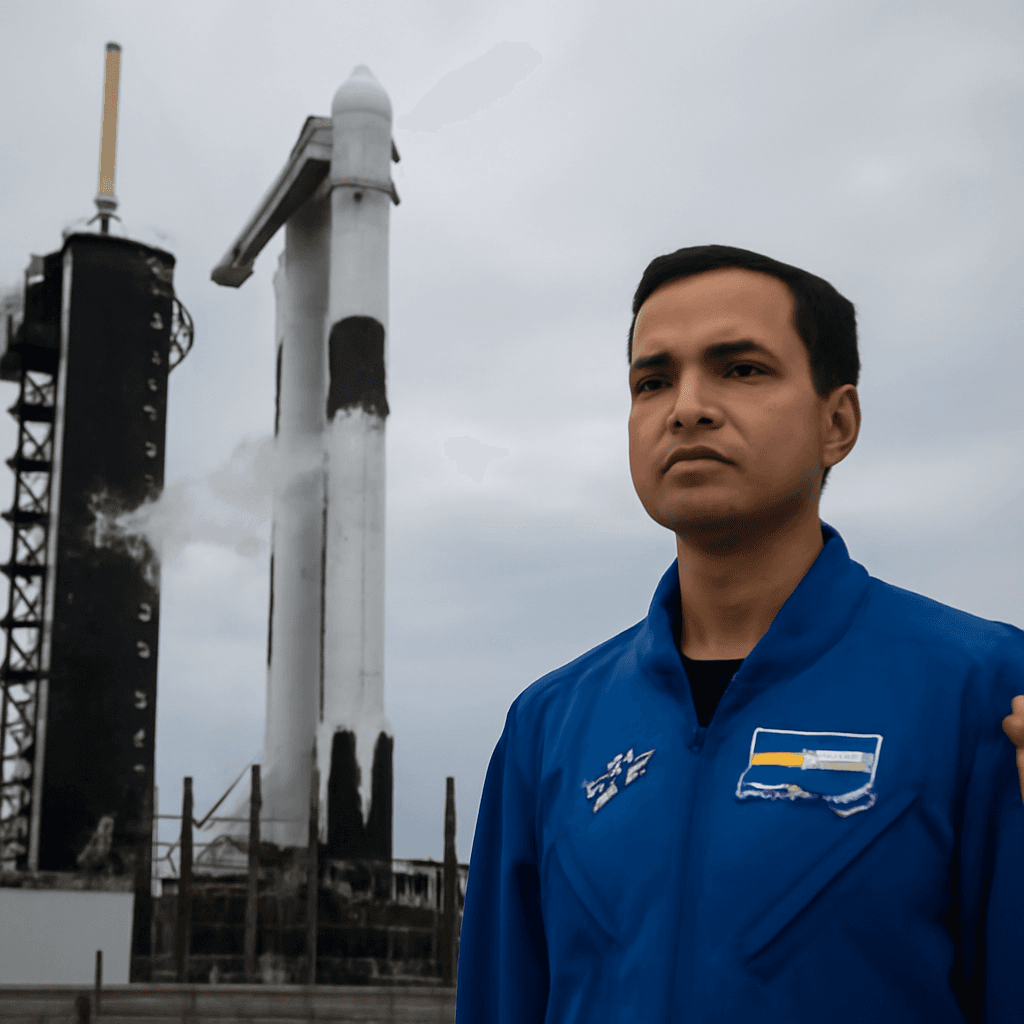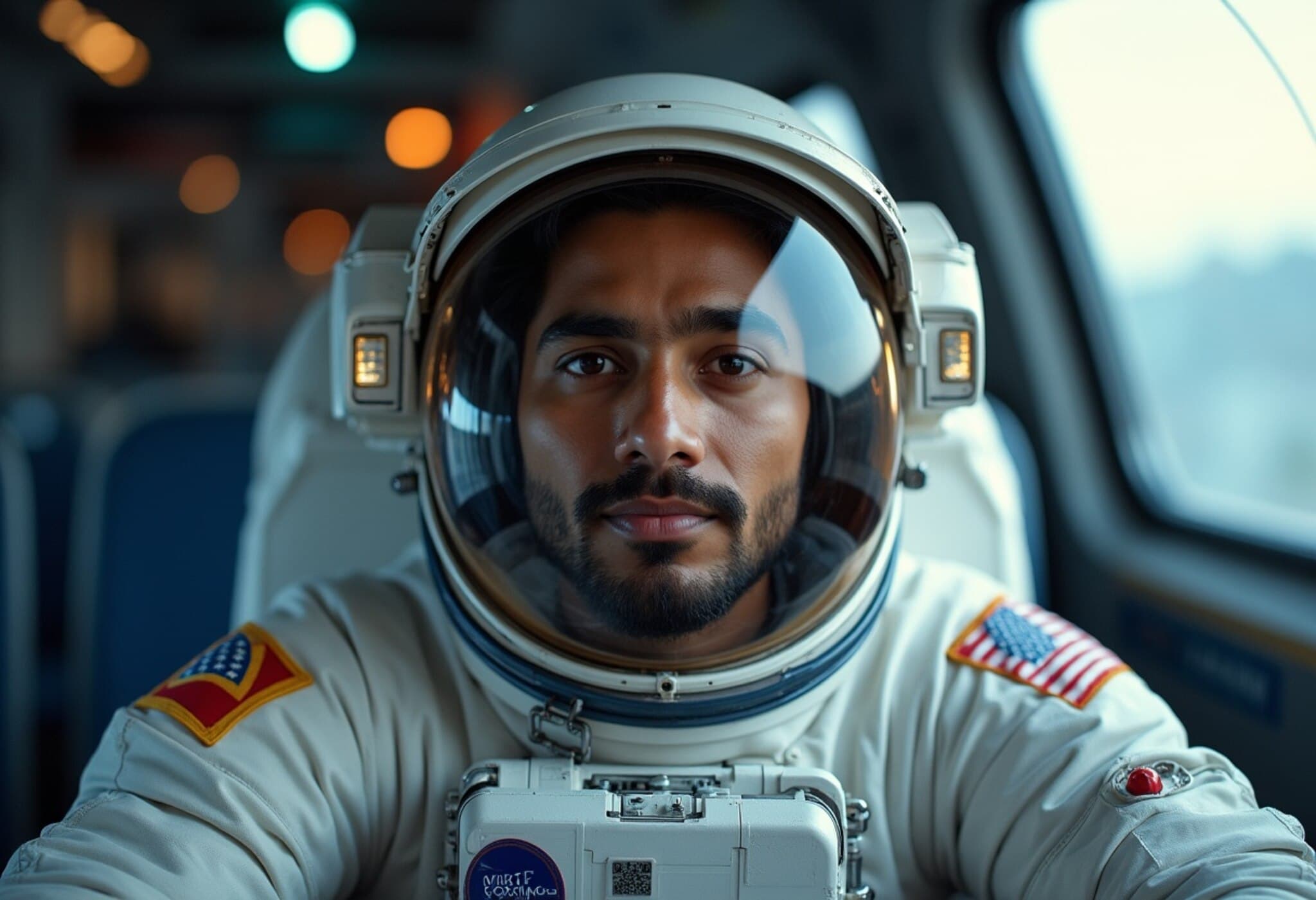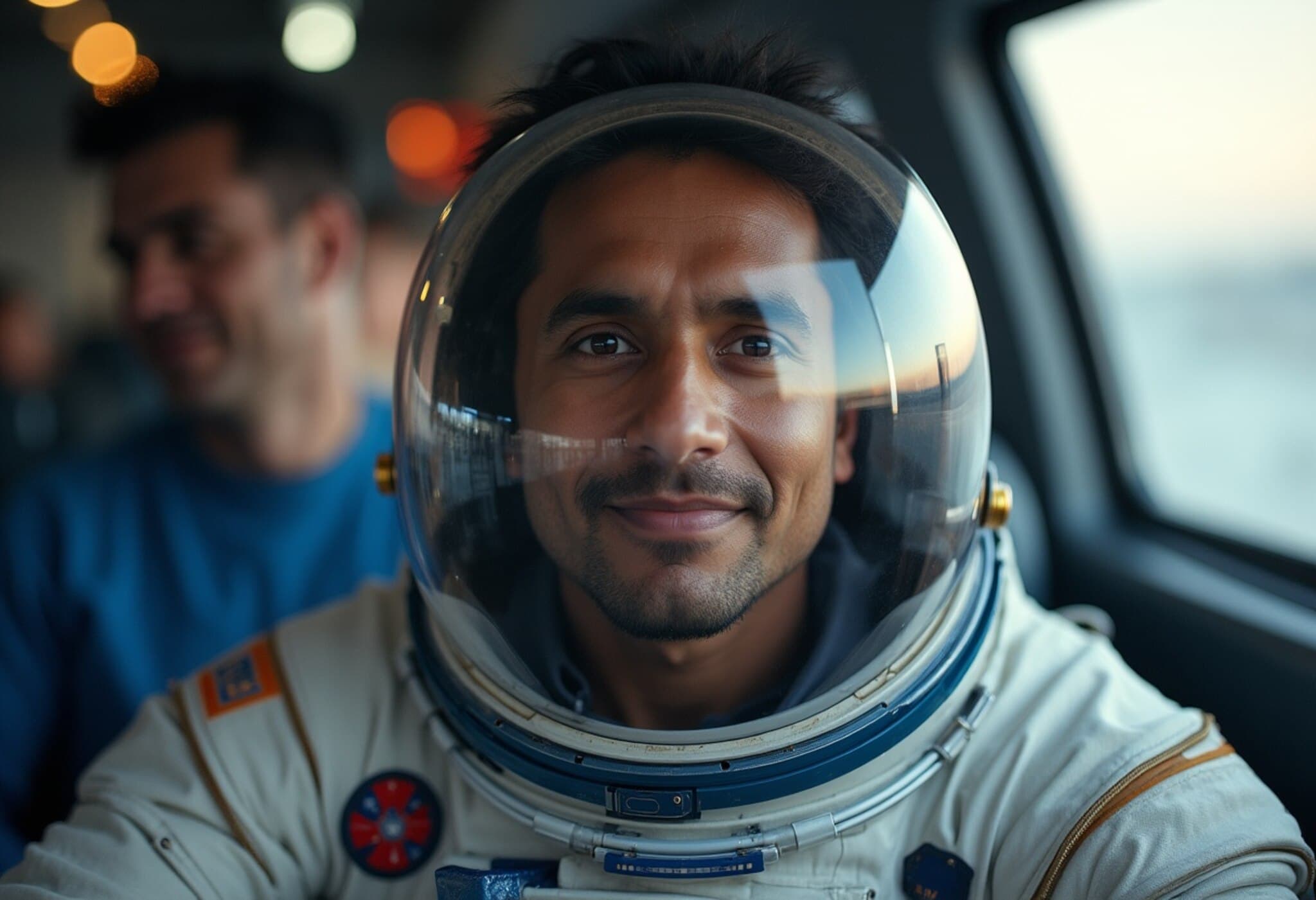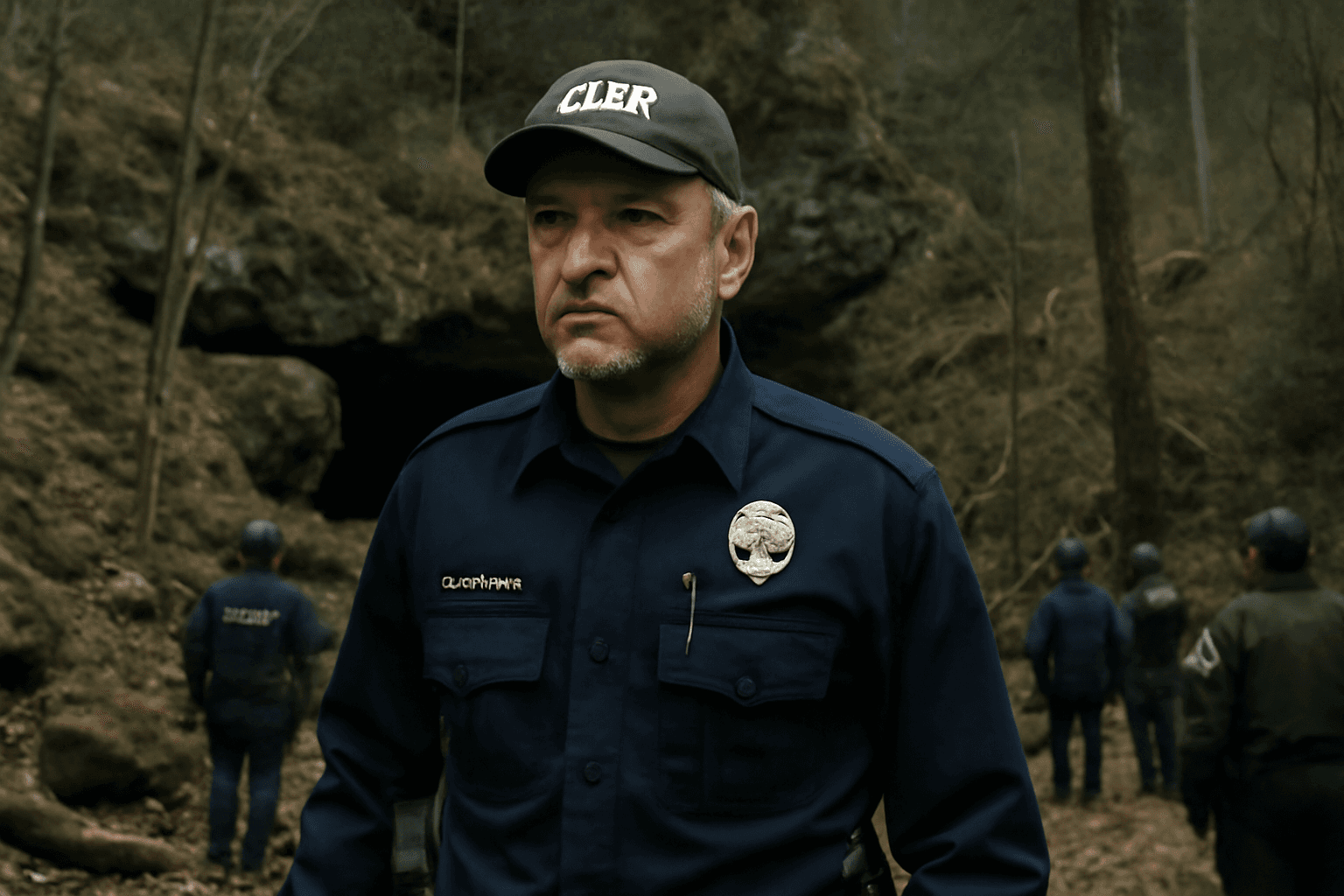NASA astronauts Sunita "Suni" Williams and Butch Wilmore have successfully completed their physical recovery following their extended stay aboard the International Space Station (ISS), which was initially planned as an eight-day Boeing Starliner test mission but extended to nine months due to technical issues with the spacecraft.
Since returning to Earth in March 2025, both astronauts have undergone a rigorous rehabilitation program focusing on relearning muscle strength, balance, and other critical physical functions affected by long-duration spaceflight. Under NASA's medical team's supervision, Williams and Wilmore committed to at least two hours daily of strength and reconditioning exercises.
Wilmore, 62, acknowledged the challenges of readapting to Earth's gravity, noting that neurovestibular balance issues vary among astronauts but typically resolve over time. Williams, 59, described her recovery as a whirlwind, balancing therapy with ongoing responsibilities related to the Starliner program and NASA's Space Station team. She experienced prolonged fatigue as her muscles reengaged but recently returned to her usual early morning routine.
Wilmore also recounted preexisting neck and back issues that temporarily resolved in microgravity but reemerged upon Earth landing. These experiences underscore the profound physiological impacts of spaceflight, including muscle atrophy, cardiovascular changes, and sensory adaptation difficulties caused by prolonged exposure to microgravity and space environment factors such as confinement and increased radiation.
Starliner Program Developments
Boeing's Starliner spacecraft faced propulsion system anomalies that forced NASA to abort the capsule's initial crewed flight, leaving Williams and Wilmore onboard the ISS under traditional long-duration assignment schedules. The company has incurred over $2 billion in development costs, including a $410 million uncrewed test flight in 2022 following a 2019 setback.
NASA and the astronauts advocate for an additional uncrewed Starliner test flight before resuming crewed missions to ensure safety and reliability. Williams noted that this approach aligns with precedents set by SpaceX and Russian spacecraft operations. NASA plans to evaluate Starliner testing outcomes over the summer to determine the spacecraft's readiness for human flights.
Williams expressed hope that Boeing and NASA will soon confirm the decision to proceed with another uncrewed mission, emphasizing it as the prudent course of action prior to returning crew members to space aboard Starliner.

